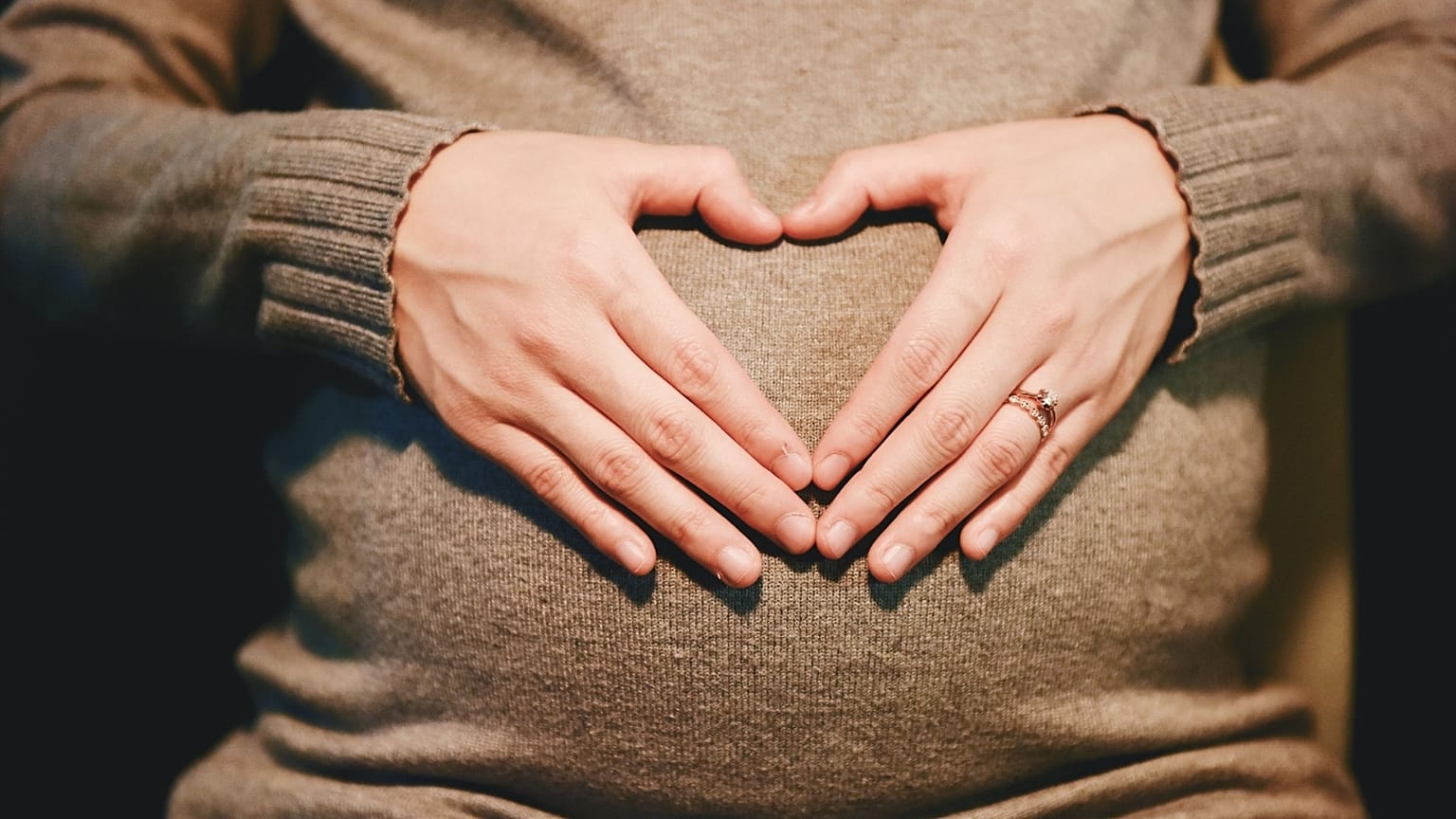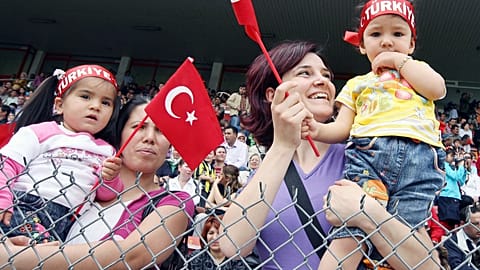New data shows Swedish women are increasingly giving birth to babies after 45 years of age more than teenagers under 19. Here's why it is happening.
More Swedish mothers are having babies after the age of 45 than teenagers, new data from the Scandinavian country shows.
 ADVERTISEMENT
ADVERTISEMENT
 ADVERTISEMENT
ADVERTISEMENT
According to the latest figures from Statistics Sweden, 537 children were born to mothers aged over 45 in 2022, compared to 410 live births for mothers aged 19 or younger.
With increased access to birth control allowing women to have greater control over their fertility and family planning, early pregnancy numbers had already started to drop in the 1960s.
While the trend of increasing average maternal age is not exclusive to the Nordic nation, socio-economic stability has had a greater influence on the rise of older mothers, according to Gunnar Andersson, a professor of demography at Stockholm University.
"Young people want to have a little bit more time for education and a job as well as doing other things before they become parents. So it's also that the process of becoming an adult has been extended, not only related to the socio-economic factor but also the whole lifestyle," Andersson told Euronews Next.
Similarly, the availability of medically assisted reproduction and better maternity facilities have pushed the previous biological upper limit, he added.
Medical treatments enabling older pregnancies are also skewing the mean age of maternity in Sweden.
The average age of first maternity in women was 30.07 in 2021, an increase of more than one and a half years compared to 28.22 in 2000.
In addition, the time difference between multiple children has continued to decrease, which Andersson attributes to similar factors.
"When you have children at an older age when both men and women are already established in the labour market, then you don't want to take a long time out on parental leave," he explained.
However, studies associate older-age pregnancies with chances of multiple health risks to the mother and increased morbidity of the newborn.
Despite those warnings, Swedish people tend to choose social advantages over the risks (now on a declining trend thanks to modern medical facilities), added Andersson.
"People think that it is more advantageous to be older parents. You have more socio-economic resources, networks, and personal maturity," he said.
The increase in the number of older women becoming pregnant is a common trend in the Nordic region.
However, there is another common trend that Sweden shares: declining fertility rates.
While most attribute the falling fertility rate to increased use of contraception, the policies in the Nordic region "actually facilitate childbirth" as per Andersson.
Since no significant changes have occurred in the policies, the drop still looms as a mystery, despite a "baby boom" during the pandemic.
The observed decline in fertility rates is also correlated to the increase in older age of maternity, Andersson explained.
"Falling fertility rate and increasing average age of maternity are not contradictory to each other. They usually go in tandem. Every time there is a decline in fertility rates, we also see a postponement. So then if the fertility rates are declining, it is not that you don't have a child at all, but a lot of it is just that you have the child a little bit later instead," he added.

















